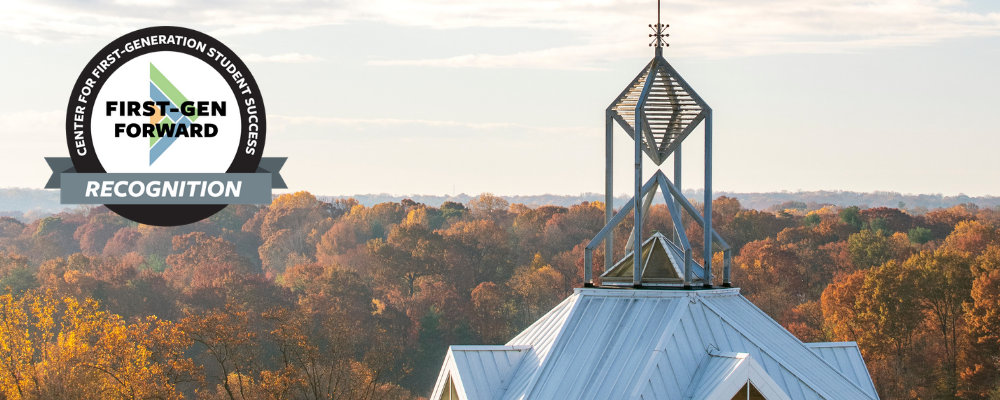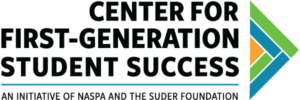This year has exposed the painful realities of systemic racism in our nation and challenged us all to step up and be active participants in creating a more just society that moves towards collective liberation through antiracist work. This Saturday, June 19, we will honor and observe Juneteenth, also known as Freedom Day, an annual commemoration of the end of slavery in the United States.
The Center for Culture, Equity, and Empowerment encourages each of you to honor this holiday by participating in Juneteenth events, engaging in educational resources, supporting local black-owned businesses, and taking the time to reconnect with the community at large.
A few local opportunities to commemorate Juneteenth are:
- Vienna, VA: Juneteenth Celebration Event Calendar
- Dumfries, VA: Inaugural Juneteenth Parade, Saturday, June 19, 2021, 7:00pm, Merchant Park, 3944 Cameron St, Dumfries, VA.
- Fredericksburg, VA: Juneteenth Celebration at Pratt Park, Saturday, June 19, 2021, 12:00pm-8:00pm, Pratt Park,120 River Road, Fredericksburg, 22405
- Fredericksburg, VA: Annual Stafford Region Juneteenth Celebration, Saturday, June 19, 4:00pm, 120 River Rd, Fredericksburg, VA
- Click here, to learn more about Freedom Day by perusing and selecting a book from the Juneteenth reading list provided by the National Museum of African American History and Culture.
- Click here, to test your Juneteenth knowledge by taking a quiz provided by International African American Museum.
Participating in Juneteenth commemoration events and taking time to educate ourselves is just a start! Recognizing Juneteenth is the beginning of many proactive ways that we can take to build a campus and community culture that actively addresses disparities, disrupt racist policies and procedures at a local level and nationally, address anti-blackness, and supports our community.
Have a safe and enjoyable holiday while continuing the work of equity and inclusion.
Hamal Strayhorn
Center for Culture, Equity, and Empowerment



 Mason’s Center for Culture, Equity, and Empowerment (CCEE) CCEE is acknowledging the recent attacks against Asian elders and those in the Asian community. We stand in solidarity with all APIDA members of the Mason family. On January 28, in San Francisco, 84-year-old Vicha Ratanapakdee was knocked to the ground and killed while walking in his neighborhood. There have been over 20 attacks in Oakland’s Chinatown in the past two weeks that the local Chamber of Commerce considered to be targeted against Asians. On January 31, an assailant violently knocked a 91 year old man to the ground and later attacked an older man and woman. On February 3, in New York City, Noel Quintana, 61, was slashed across the face, and on the same day in Oakland, a 71 year-old grandmother was knocked to the ground while crossing the street and robbed. (
Mason’s Center for Culture, Equity, and Empowerment (CCEE) CCEE is acknowledging the recent attacks against Asian elders and those in the Asian community. We stand in solidarity with all APIDA members of the Mason family. On January 28, in San Francisco, 84-year-old Vicha Ratanapakdee was knocked to the ground and killed while walking in his neighborhood. There have been over 20 attacks in Oakland’s Chinatown in the past two weeks that the local Chamber of Commerce considered to be targeted against Asians. On January 31, an assailant violently knocked a 91 year old man to the ground and later attacked an older man and woman. On February 3, in New York City, Noel Quintana, 61, was slashed across the face, and on the same day in Oakland, a 71 year-old grandmother was knocked to the ground while crossing the street and robbed. (